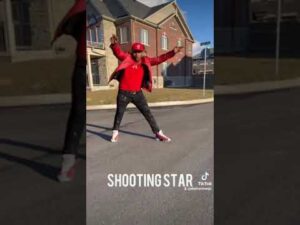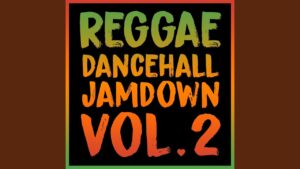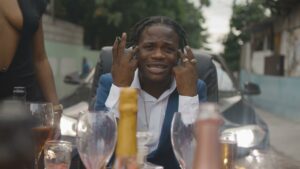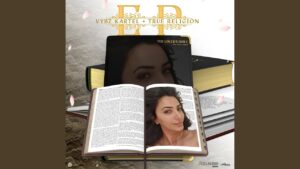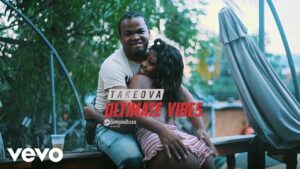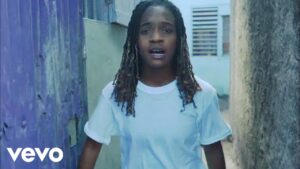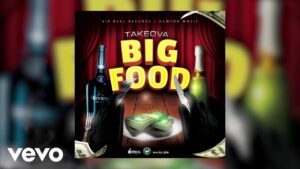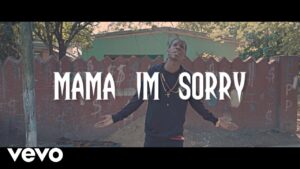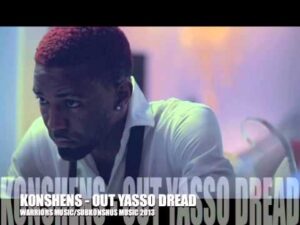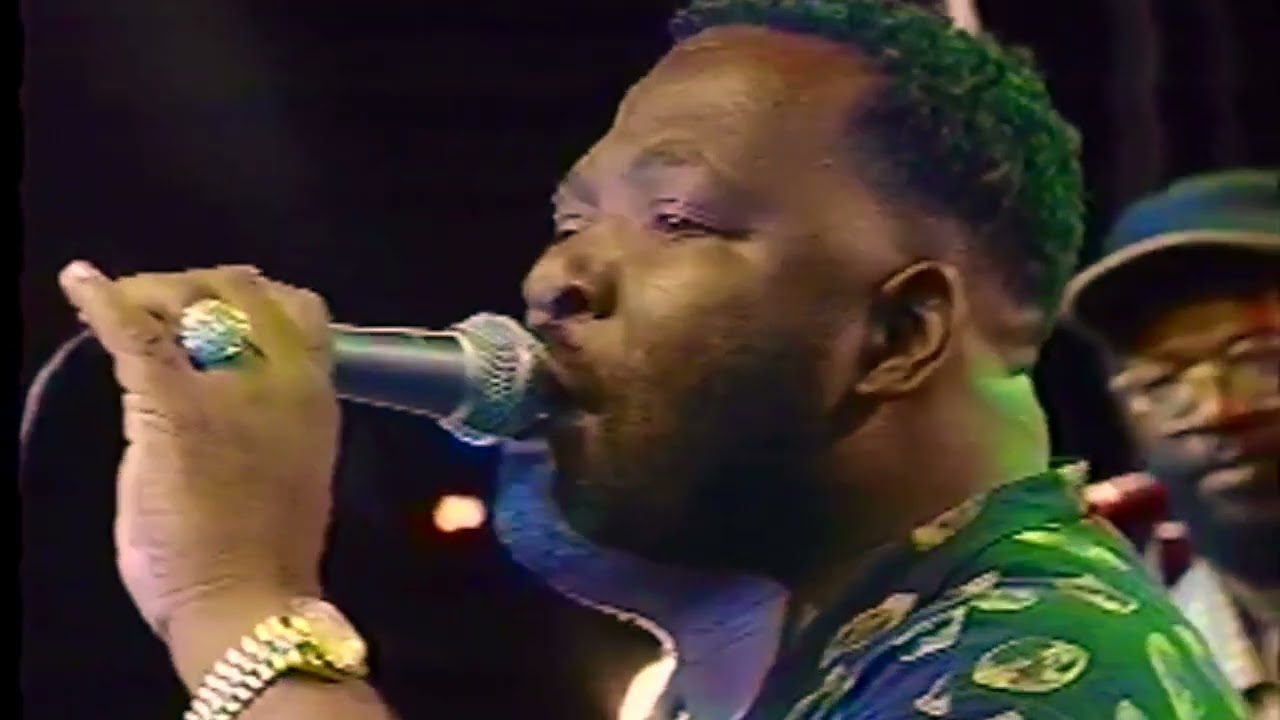
Beres. Coco Tea, Jose Wales (Portland Splash)
2022
@LeoOReggio
E-Store: https://leosretroreggaestore.company.site/
Facebook: facebook.com/everoreggio
Josey Wales OD (born Joseph Winston Sterling, October 9, 1956, in St. Mary, Jamaica) is a Jamaican dancehall deejay. He has been called, along with Brigadier Jerry, Yellowman, and sound system partner Charlie Chaplin, one of the best Jamaican dancehall deejays of the 1980s. Wales is named after the 1976 Western movie character from The Outlaw Josey Wales, played by Clint Eastwood, and subsequently nicknamed “The Outlaw”.
His career began in the late 1970s, first starting as a deejay on the Roots Unlimited sound system where he often sparred with Burro Banton, and later performing over the U-Roy-owned King Sturgav sound system. He gained even more popularity in the early 1980s performing over Henry “Junjo” Lawes’s Volcano sound system, and recording singles such as “Bobo Dread” and “Leggo Mi Hand” for Lawes’ label of the same name, as well as later hits for George Phang’s Power House label, most noticeably “Undercover Lover”.
He was shot and robbed in a Kingston bar in 1997, an incident that he dealt with in the country and western song “Bushwacked”. He survived the robbery, and after his discharge from a hospital, he went to the United States and bought an ambulance to donate for the Kingston General Hospital.
He appeared in Shaggy’s “Bad Man Don’t Cry” video, and by 2014 had begun recording new material.
In October 2017, he was awarded the Order of Distinction by the Jamaican government.
Calvin George Scott (born 3 September 1959), better known as Cocoa Tea, is a Jamaican reggae singer and songwriter. Born in Rocky Point, Clarendon Parish, Jamaica, Cocoa Tea was popular in Jamaica since 1985 but has become successful worldwide since the 1990s. One of his most famous songs is “Rikers Island”, which was later put into a ragga version by Nardo Ranks entitled “Me No Like Rikers Island” (featured on Dancehall Reggaespanol) which was released the same year as the original “Rikers Island”. He also gained fame with the song “Young Lover”. He gained notoriety in March 2008 after releasing a song titled “Barack Obama” in support of the US Presidential candidate by the same name. Cocoa Tea’s song “Jah Made Them That Way” from his 1984 album Rocking Dolly interpolates “Human Nature” by Michael Jackson and “Answer Mi Question” by Dillinger.
He initiated the annual New Year’s Eve events Dancehall Jam Jam in 2003; It ran until 2009.
After recording for many of the top reggae labels including VP Records, Greensleeves Records, and Ras Records, he started his own Roaring Lion label around 2000.
Beres Hammond OJ (born Hugh Beresford Hammond; 28 August 1955, in Annotto Bay, Saint Mary, Jamaica) is a Jamaican reggae singer known in particular for his lovers’ rock music. While his career began in the 1970s, he reached his greatest success in the 1990s. Born the ninth of ten children, Hammond grew up listening to his father’s collection of American soul and jazz music including Sam Cooke and Otis Redding. He was further influenced by the native music of ska and rocksteady, in particular by Alton Ellis.
Hammond began participating in local talent contests from 1972 to 1973, which led to his first recording, of Ellis’ “Wanderer”. In 1975 he joined the band, Zap Pow, as lead singer, leading to the hit 1978 single, “The System” under the Aquarius Records label. However, he simultaneously sought a solo career, releasing his debut album, Soul Reggae, in 1976. His solo ballads “One Step Ahead” (1976) and Joe Gibbs produced “I’m in Love” (1978), were both hits in Jamaica. He left Zap Pow in 1979 to pursue his solo career. He formed Tuesday’s Children, a harmony group that toured but never recorded.
Hammond formed his own record label, Harmony House Records, in 1985 for the release of his Make a Song album, which had two Jamaican chart-toppers that were influenced by the emerging dancehall style: “Groovy Little Thing” and “What One Dance Can Do”. He left his fame in Jamaica for New York City in 1987, after being tied up as thieves ransacked his house during a home invasion. There he recorded the Have a Nice Weekend album and the duet single “How Can We Ease the Pain” with Maxi Priest.
Hammond returned briefly to Jamaica to record Putting Up Resistance, produced by Tappa Zukie, which spawned the hits “Putting Up Resistance” and “Strange”.He signed with Penthouse Records in 1990 and returned to Jamaica permanently to record the dancehall smash “Tempted to Touch”, with producer Donovan Germain. This is perhaps his best-known song in the United States and the United Kingdom.
In 2013, Hammond was awarded the Order of Jamaica by the Jamaican government in recognition of his “exceptional and dedicated contribution to the Jamaican music industry” right before his album One Love, One Life was nominated for a Grammy Award in January 2014.

